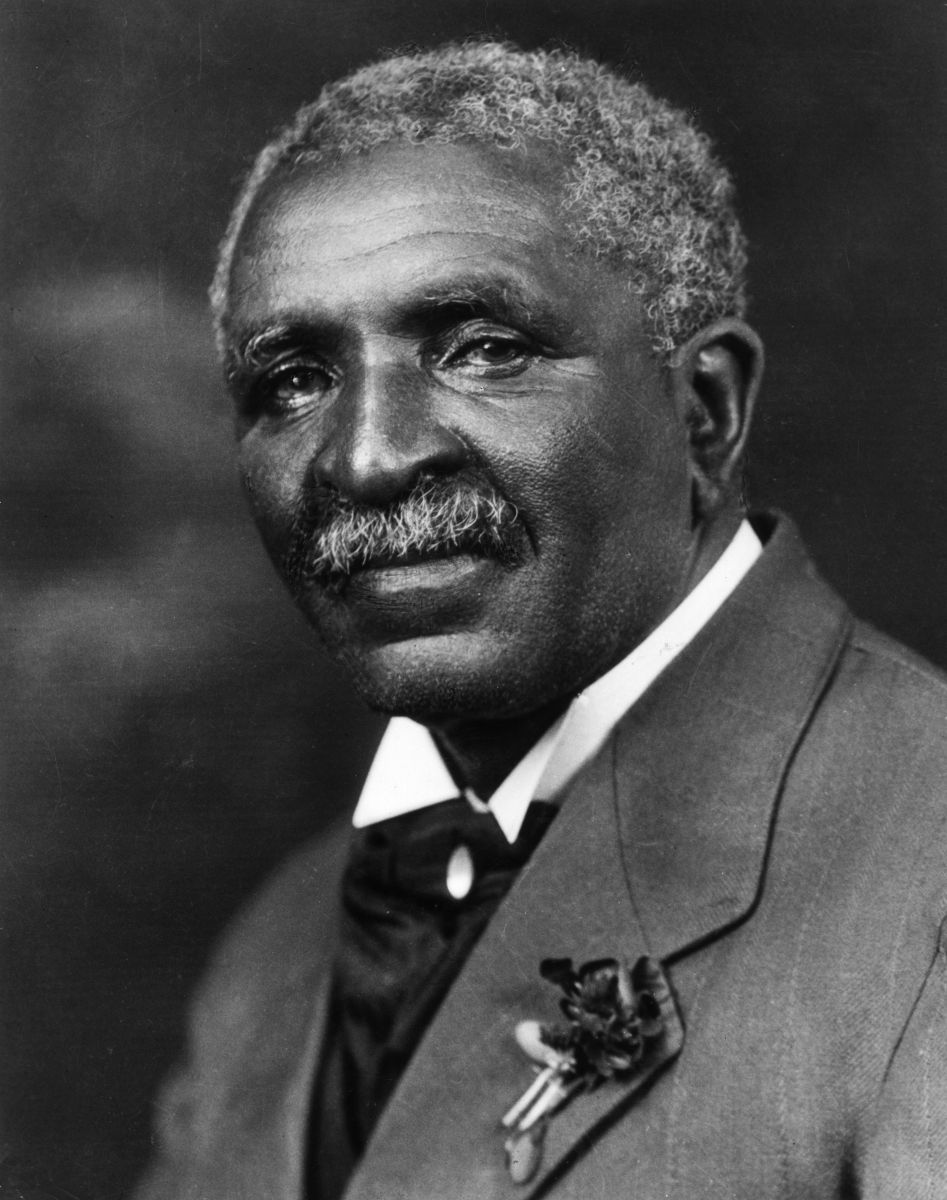George Washington Carver made groundbreaking advancements in resource conservation and agricultural productivity by applying natural sciences to soil preservation and sustainable farming practices at the end of the 19th century. (Celebrating Black Environmental Leaders who Paved the Way, Maul Foster).
Black History Month
A Time to Learn, Reflect, and Celebrate
Today is the last day of Black History Month. We invite you to join us in recognizing the achievements of Black changemakers who have shaped history through their innovation in and advocacy for environmental justice and sustainability.
We celebrate the stories, legacies, and resilience of Black communities whose ingenuity and activism continues to impact the ongoing journey towards equity and inclusion. Learn about two Black leaders in sustainability, featured below, and click the articles to explore more historical and current Black trailblazers in sustainability.
Spotlight Resource
Explore and celebrate Black history through this resource from Google Arts & Culture: Black History and Culture
Get Involved
- Join NERC's Diversity Equity and Inclusion Committee, open to State and Advisory Members, to support an inclusive and equitable sustainable materials management (SMM) industry through program and resource development, collaboration, and education. Not sure if your organization is a member? Contact Sophie Leone at sophie@nerc.org.
- Expand Your Knowledge: Take the time to learn about the impactful figures and events that have defined Black history. Check out the online resources at the National Museum of African American History & Culture.
- Support and Elevate Black voices: Celebrate the leadership of Black Changemakers in all industries.
Share Post







